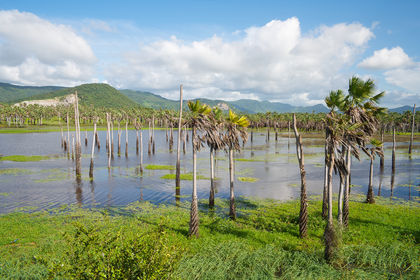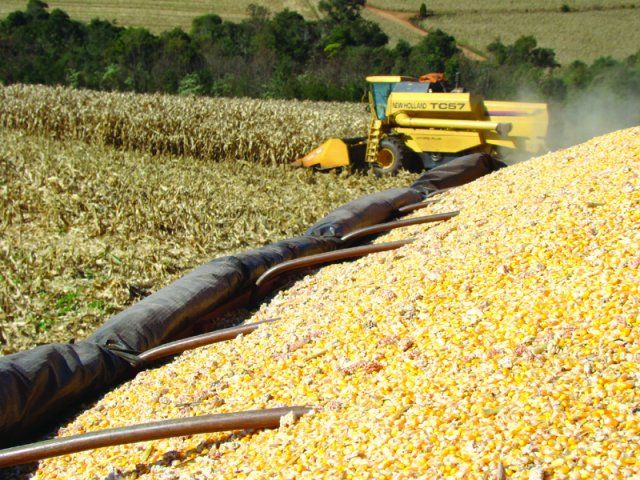Brazil Agriculture Detail
Brazil has been considered an emerging regional leader in the international scene. Eyes have been turned to Latin America’s fastest growing economy and there is a tendency to believe that it will become the biggest food provider in the near future. The responsibilities are big and so is the discontent among Brazilians that do not believe sustainable policies are being properly adopted.
According to the Ministry of Environment, Brazil is home to the largest biodiversity in the world. 20% of the world’s species live in the tropical country, especially in the Amazon region. Additionally, the variety of biomes allows non-native plants to grow on Brazilian soil. Since the crisis of the 90s, agriculture played a big role in the country’s balance of trade. As the domestic industry wasn’t fully developed, agriculture represented the biggest share of exports and farms have become a business.
Brazilian agriculture is relevant for three key reasons. First, agriculture adds a big fillip to Brazil’s economic growth. It also creates jobs in a country with wide income disparities, where employment generation acquires an even greater significance. Second, Brazil holds the promise of becoming what Hank Pellissier terms the “future farm of the planet.” This assumes significance in the light of continuing human population growth. Third, rapid agricultural growth is imposing its own strains, social and environmental, and continued agricultural success will depend on how Brazil deals with its growing pains.
Brazil has been considered an emerging regional leader in the international scene. Eyes have been turned to Latin America’s fastest growing economy and there is a tendency to believe that it will become the biggest food provider in the near future. The responsibilities are big and so is the discontent among Brazilians that do not believe sustainable policies are being properly adopted.
According to the Ministry of Environment, Brazil is home to the largest biodiversity in the world. 20% of the world’s species live in the tropical country, especially in the Amazon region. Additionally, the variety of biomes allows non-native plants to grow on Brazilian soil. Since the crisis of the 90s, agriculture played a big role in the country’s balance of trade. As the domestic industry wasn’t fully developed, agriculture represented the biggest share of exports and farms have become a business.
Brazilian agriculture is relevant for three key reasons. First, agriculture adds a big fillip to Brazil’s economic growth. It also creates jobs in a country with wide income disparities, where employment generation acquires an even greater significance. Second, Brazil holds the promise of becoming what Hank Pellissier terms the “future farm of the planet.” This assumes significance in the light of continuing human population growth. Third, rapid agricultural growth is imposing its own strains, social and environmental, and continued agricultural success will depend on how Brazil deals with its growing pains.
Brazil Agriculture
Brazil Agriculture
Brazil Agriculture
Brazil Agriculture
Brazil Agriculture
Brazil Agriculture
Brazil Agriculture
Brazil Agriculture
Brazil Agriculture
Brazil Agriculture
Brazil Agriculture
Brazil Agriculture
Brazil Agriculture
Brazil Agriculture
Brazil Agriculture
Brazil Agriculture
Brazil Agriculture
Brazil Agriculture
Brazil Agriculture
Brazil Agriculture
















No comments:
Post a Comment